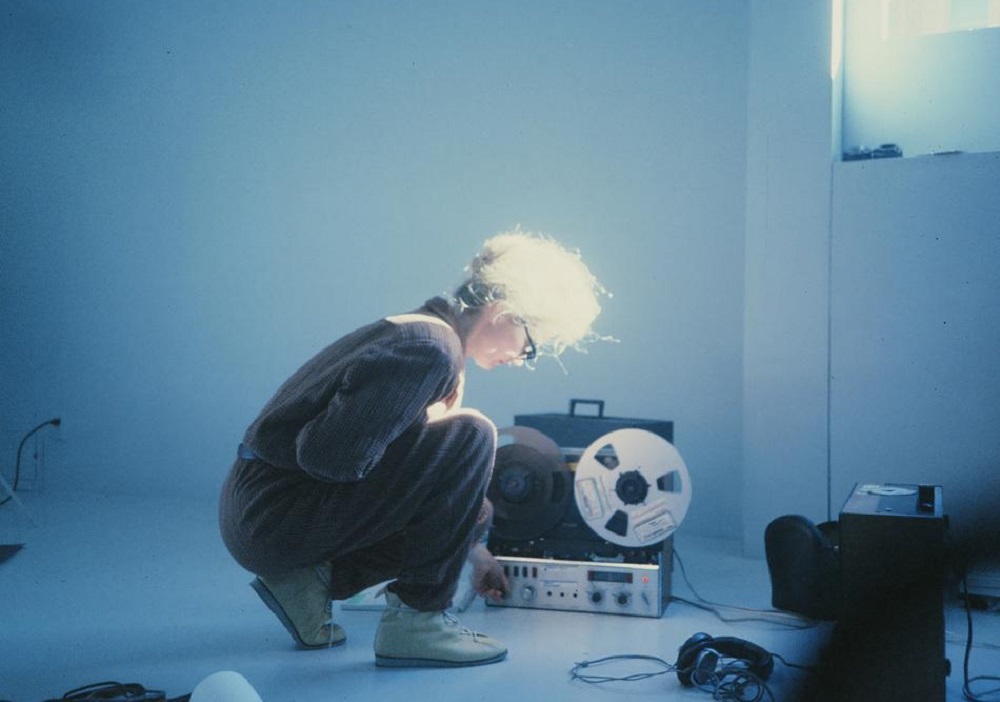Screen Time is your curated weekly guide to excellent documentaries and nonfiction programs that you can watch at home. Mark Moormann’s documentary The Day the Music Died: The Story of Don McLean's “American Pie” marks the story of the eponymous song that is considered “one of the great musical touchstones of the 20th century,” 50 years after its release. As Don McLean explains the story and history behind the iconic song, we see a recounting of his life and career, and many of those whose lives were touched by the song. Watch the film on Paramount+ Speaking of music documentaries, make sure
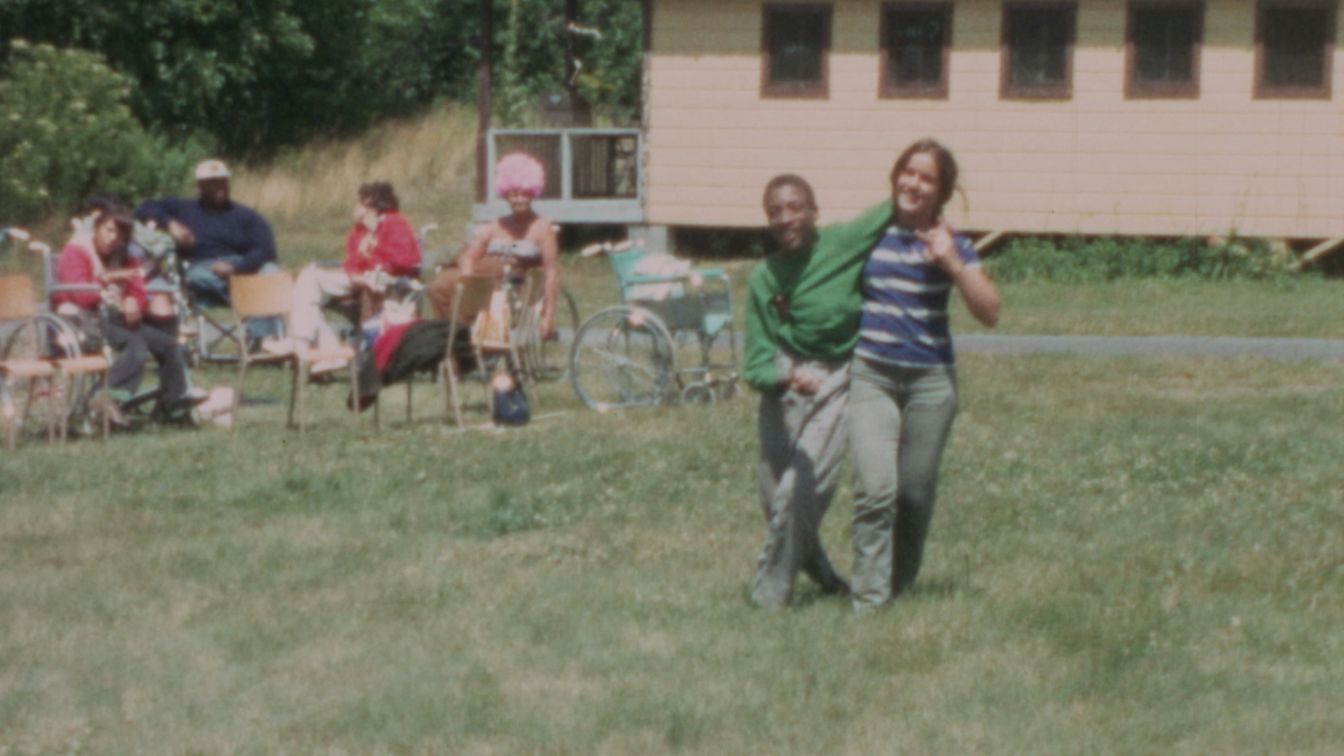
Screen Time is your curated weekly guide to excellent documentaries and nonfiction programs that you can watch at home.

Screen Time is your curated weekly guide to excellent documentaries and nonfiction programs that you can watch at home. Kicking off POV’s 35th Season is Yung Chang’s Wuhan Wuhan, which premieres July 11, then will be available for streaming through August 11 at pbs.org. The film takes viewers to the epicenter of the COVID-19 pandemic, in its early months, through the frontline perspectives of medical workers, patients and ordinary citizens doing extraordinarily magnanimous work. Chang and his crew were afforded remarkable access to hospitals and homes alike, as doctors, nurses, patients
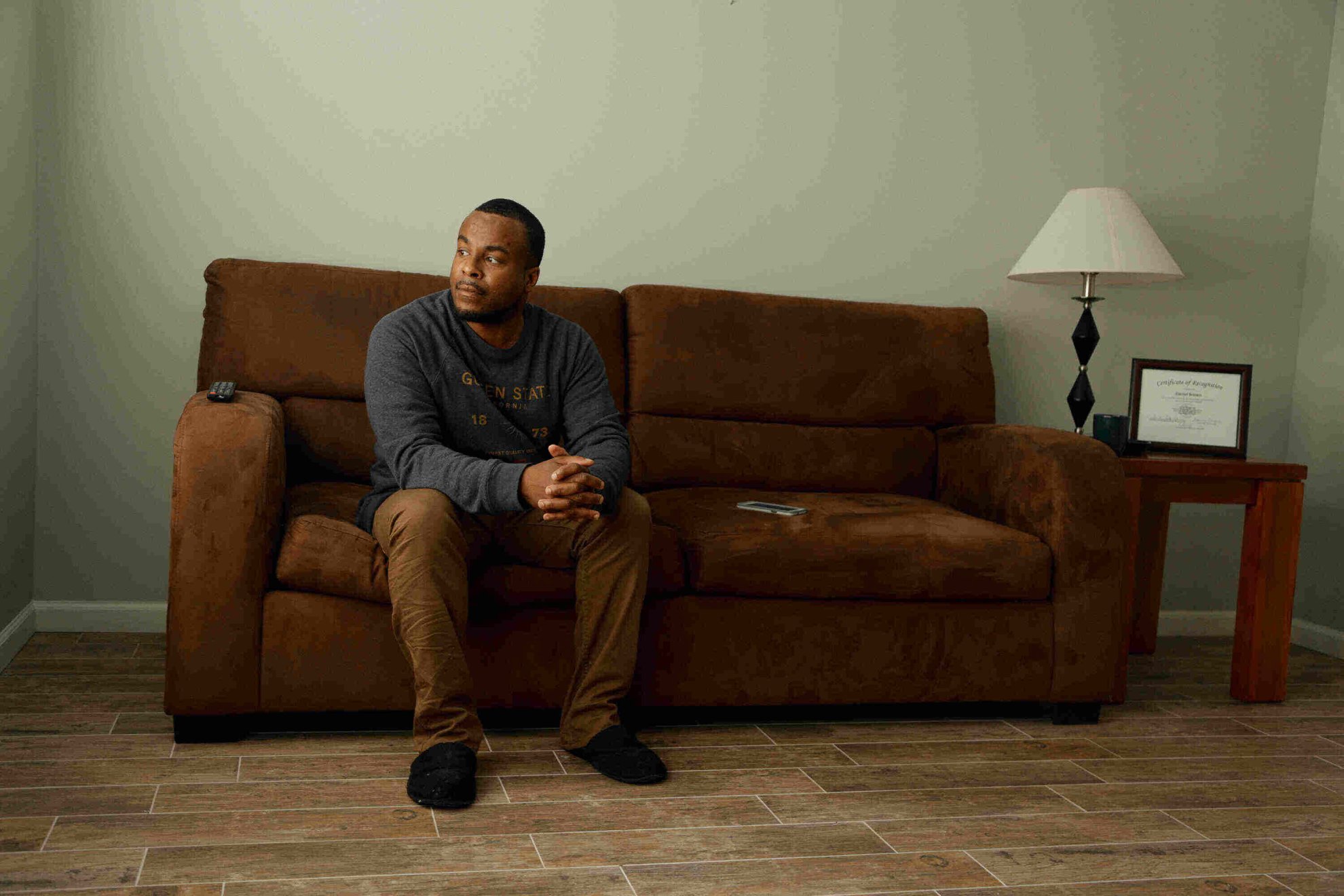
Screen Time is your curated weekly guide to excellent documentaries and nonfiction programs that you can watch at home. July is BIPOC Mental Health Month, and it provokes us to have a conversation about mental health, of course, but specifically within the context of BIPOC communities who have been left out of the conversation. They have been denied access to mental healthcare that is administered in culture-sensitive ways, while they have had to negotiate with what is tabooed and often ignored within their communities. For this week’s Screen Time, we include some documentaries that can help
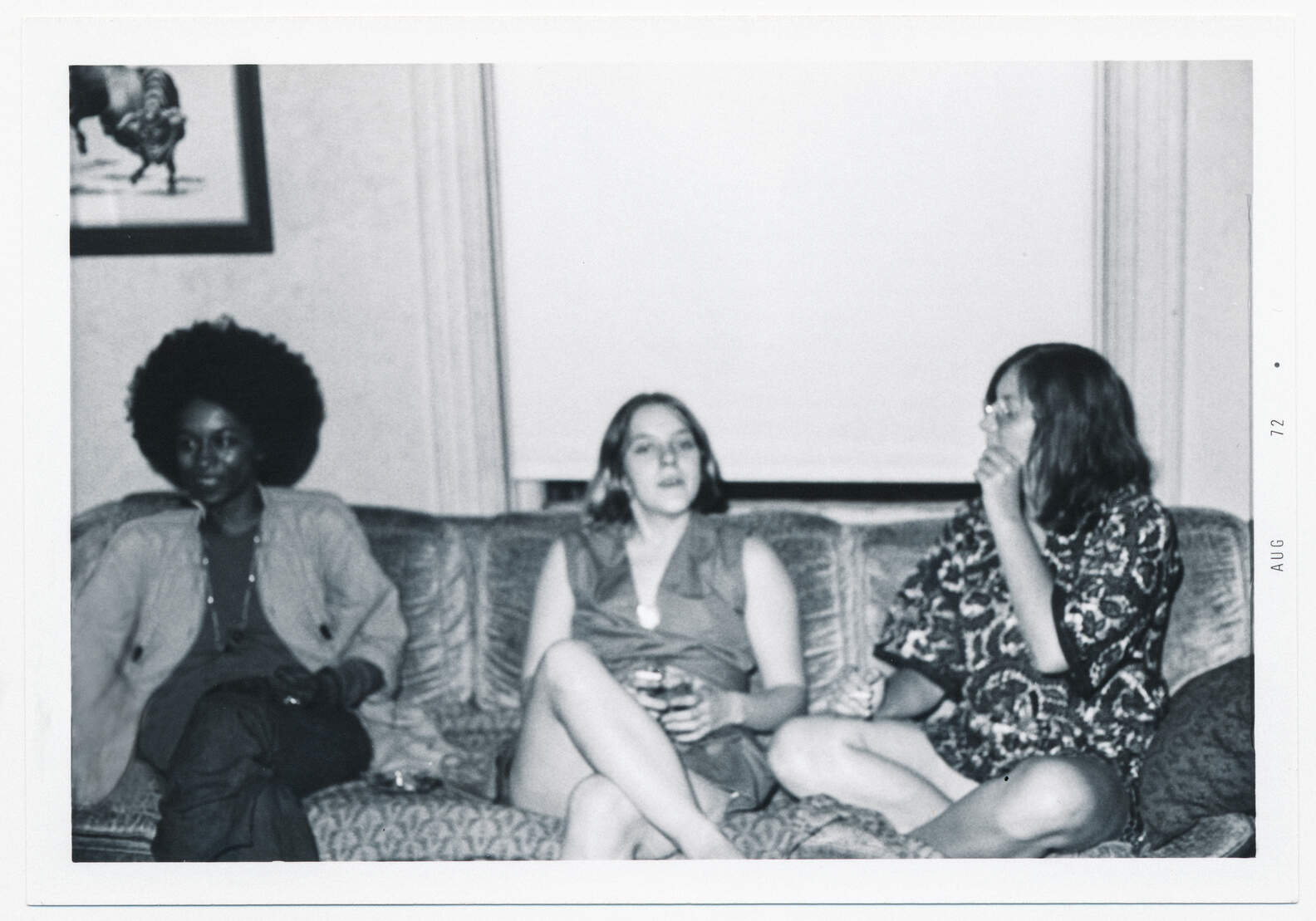
Screen Time is your curated weekly guide to excellent documentaries and nonfiction programs that you can watch at home. It’s been a hard week to fish out hope, to feel like there is a future that rests on able, progressive, equitable shoulders. As we watched Linda Goldstein Knowlton and Katie Flint’s We Are The Radical Monarchs, we drew inspiration from the young girls of color in Oakland, who are members of Radical Monarchs, “an alternative to the Scout movement for girls of color, aged 8-13.” We suggest you watch these young social activists on POV, and take heart in the fact that our world
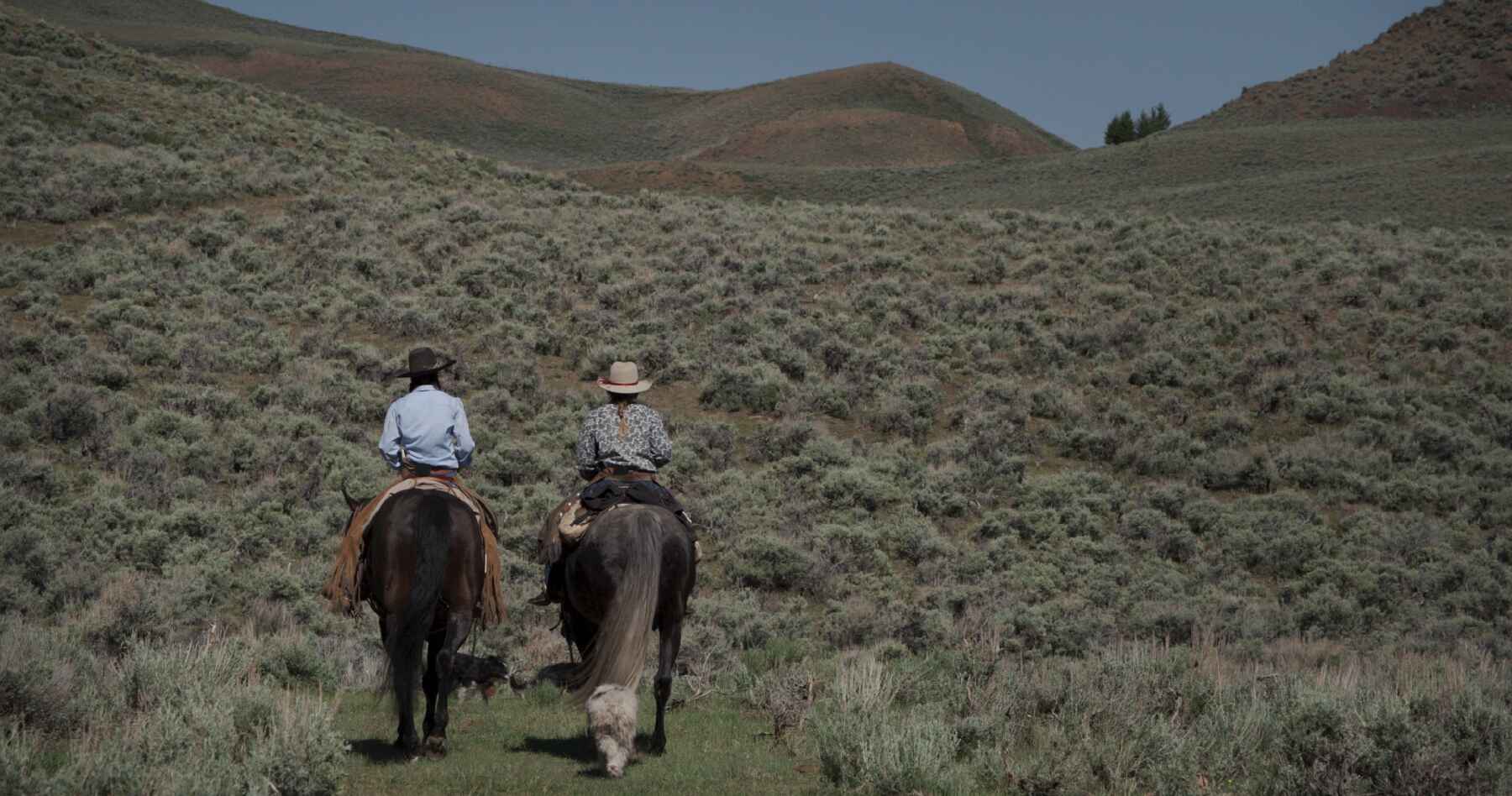
Screen Time is your curated weekly guide to excellent documentaries and nonfiction programs that you can watch at home. Forty years ago, Vincent Chin—a young Chinese American man—was murdered by a white American autoworker who went on to confess but never served any time. Christine Choy and Renee Tajima-Peña’s Oscar-nominated and IDA Documentary Award-winning Who Killed Vincent Chin? was released in 1987 and continues to raise questions about race, the American legal system, and justice in ways that remain ever-pertinent and relevant. Catch the film as it plays on POV, as a part of a special

Screen Time is your curated weekly guide to excellent documentaries and nonfiction programs that you can watch at home. It’s Pride Month here in the US, and while we celebrate the work and art of our queer colleagues all year, we wanted to use this week’s Screen Time to showcase some of our favorite documentaries on queer participants, down the ages. We hope these films bring out the intersectionality and the many joys and struggles of living as queer people in this country. Back in 2012, David France, who reported extensively on the AIDS crisis as a journalist, made How to Survive a Plague to
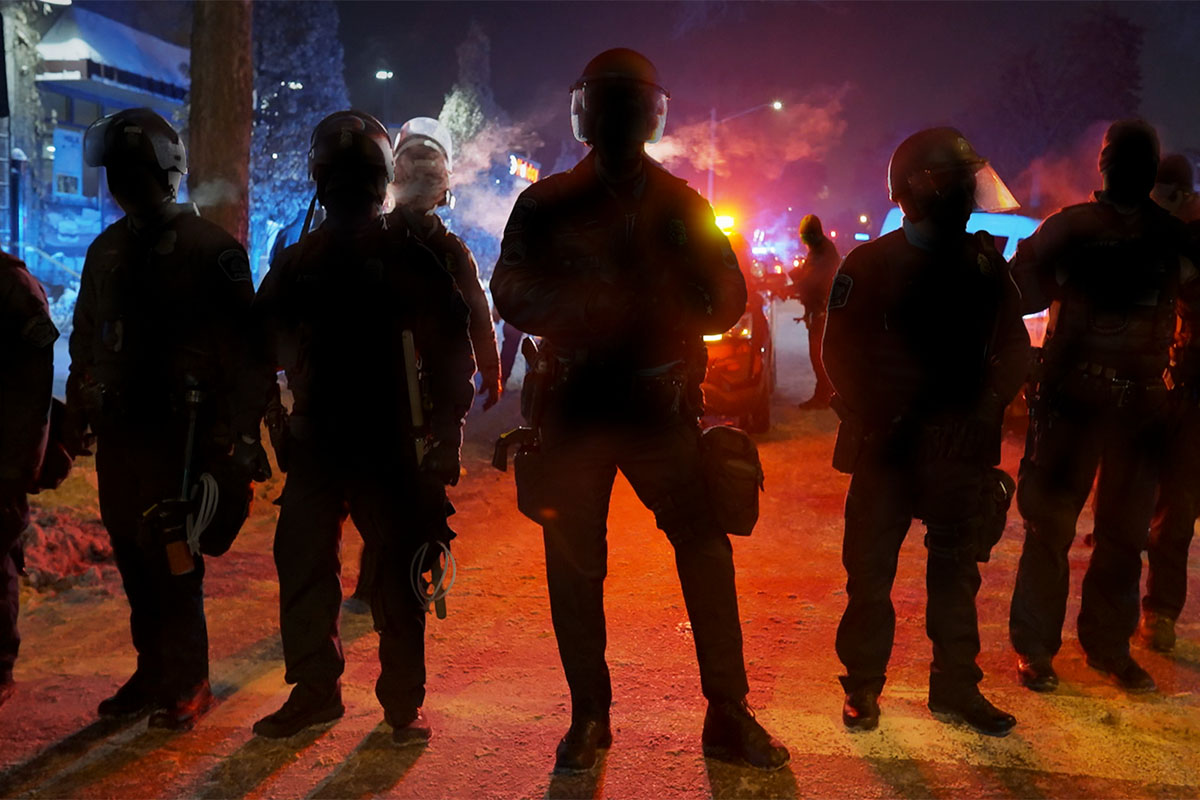
Screen Time is your curated weekly guide to excellent documentaries and nonfiction programs that you can watch at home. Two years since George Floyd was killed in Minneapolis by police officers, the documentary Police on Trial—produced by FRONTLINE in partnership with Star Tribune and CAAM—explores this “pivotal event in the history of race and policing in America.” Directed by Mike Shum and produced by Shum and Marcia Robiou, the documentary follows George Floyd’s murder and Derek Chauvin’s subsequent conviction, and continues to highlight the ongoing demand for police accountability and
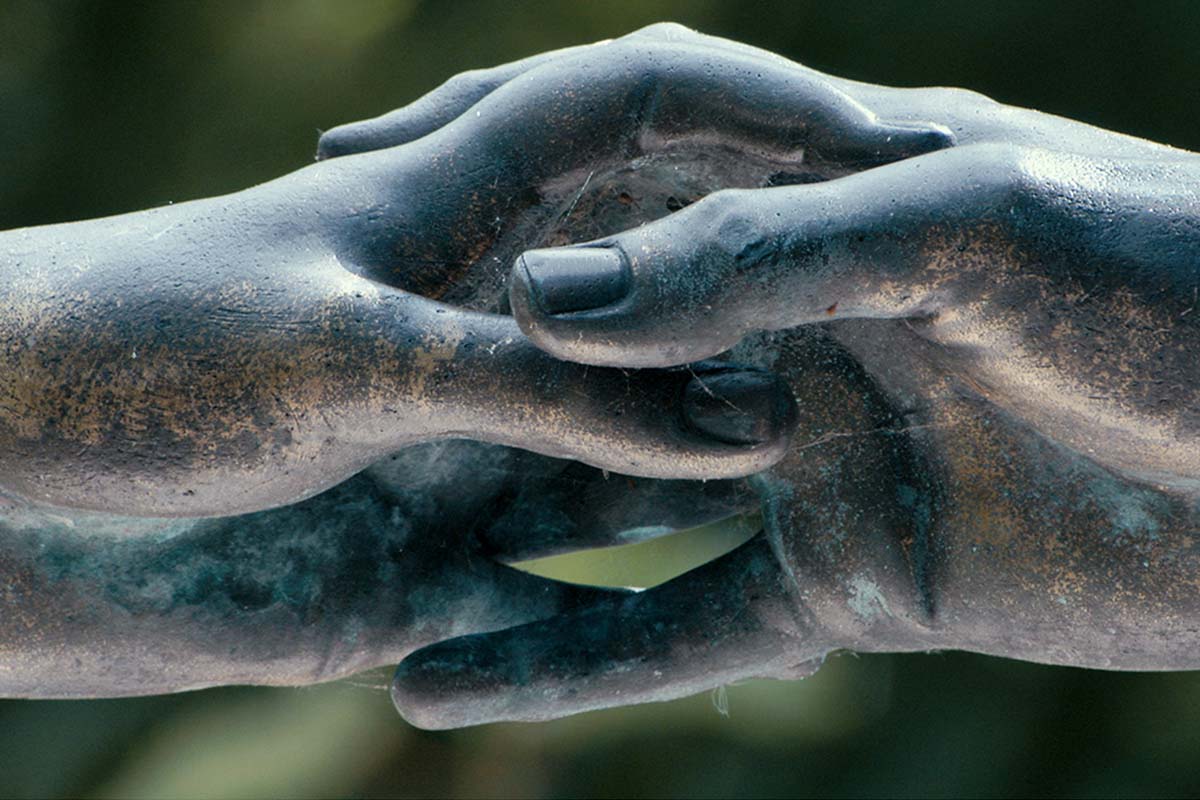
Screen Time is your curated weekly guide to excellent documentaries and nonfiction programs that you can watch at home. We at IDA are heartbroken at the passing of Heddy Honigmann, documentarian extraordinaire and a true master of the form. As big fans and admirers, we are dedicating this week’s Screen Time to celebrate her and her art. Honigmann’s Buddy takes an unsentimental look at six canine and human pairs to “reveal what’s really given and received.” Many critics have noted the ease with which the filmmaker would open people up to trust her and the camera. "I don't do interviews. I make

Screen Time is your curated weekly guide to excellent documentaries and nonfiction programs that you can watch at home. Over the past few years, America has been experiencing a crushing series of crises—a global pandemic; an increasingly divided citizenry; the virulence of white supremacy and its encroachment into the mainstream through media outlets, and state and federal legislations; and the rapid demise of democracy in concert with a systematic dismantling of civil rights. This past weekend, we witnessed a horrific, hate-fueled massacre of Black Americans at the alleged hands of a teenager
